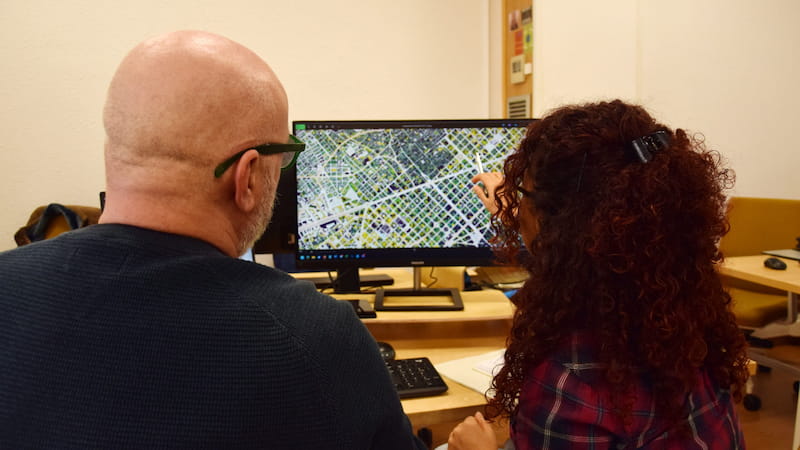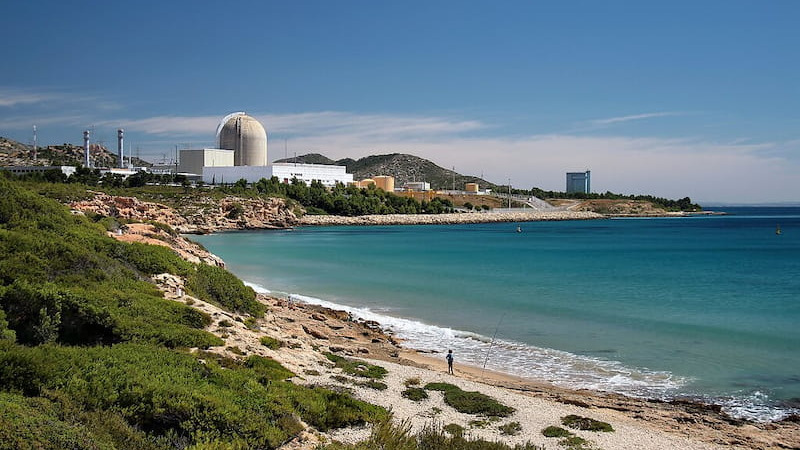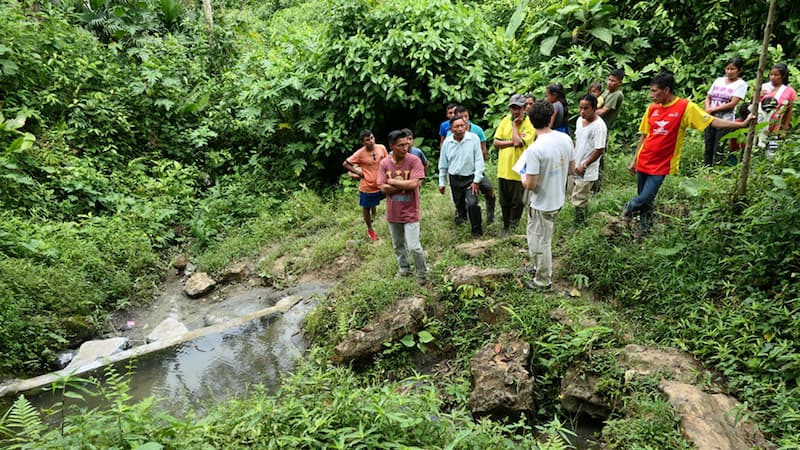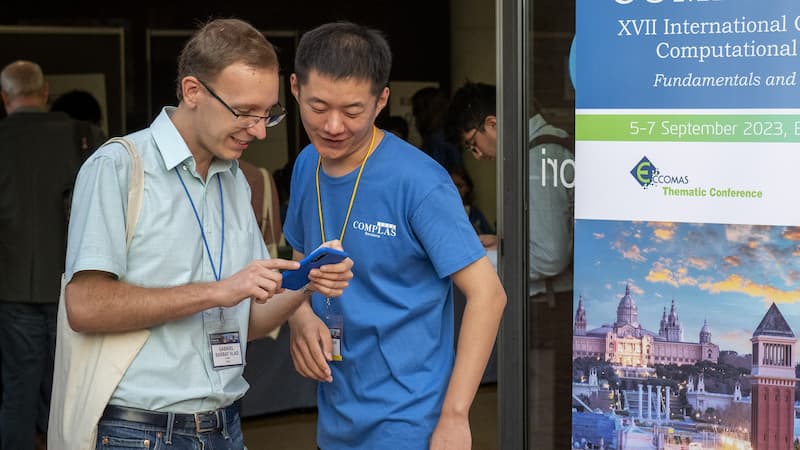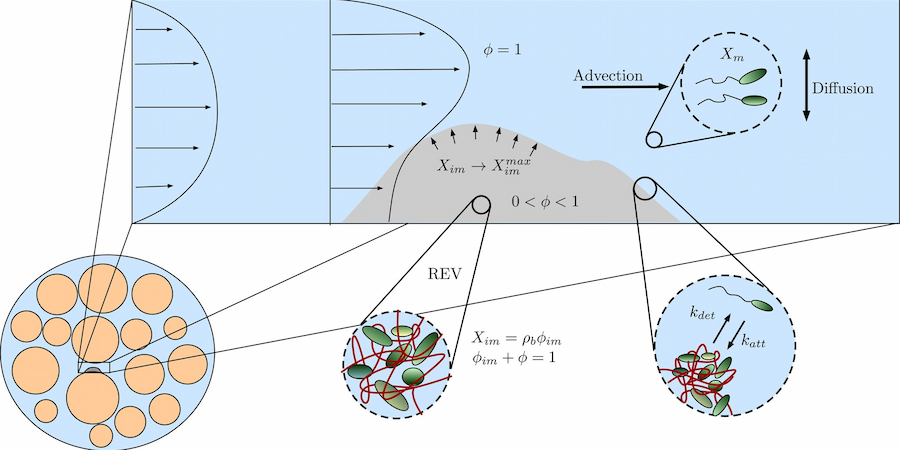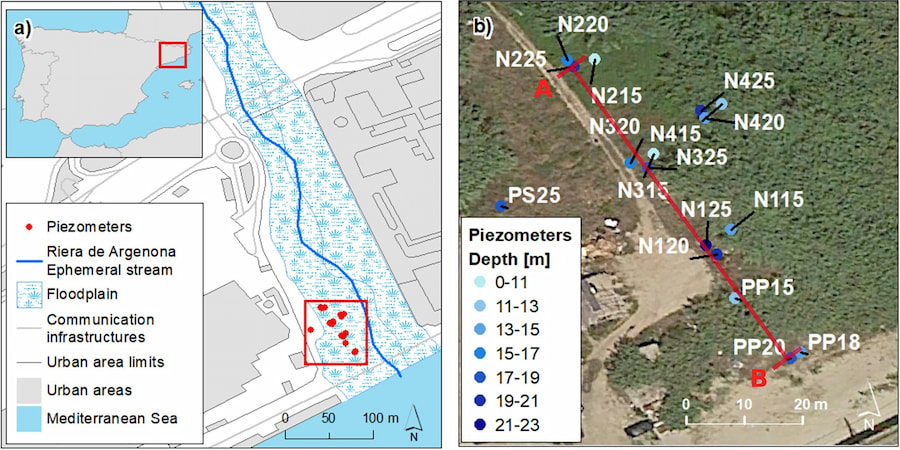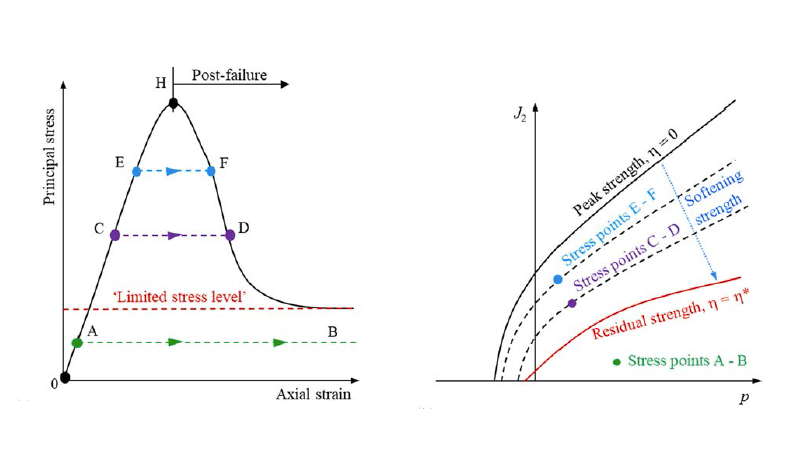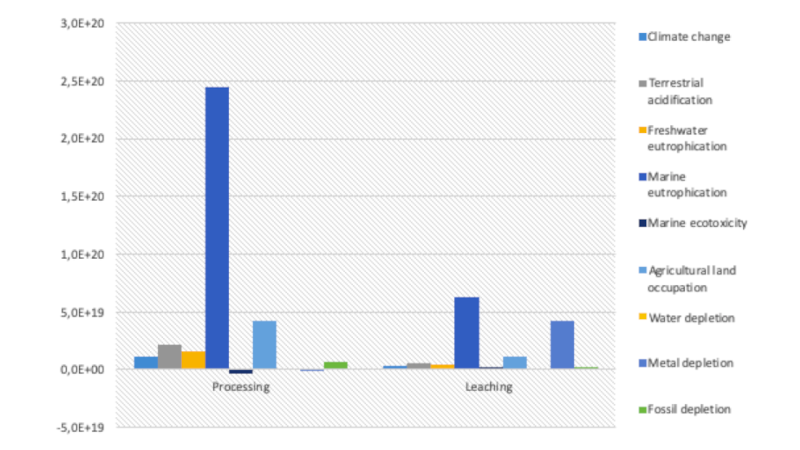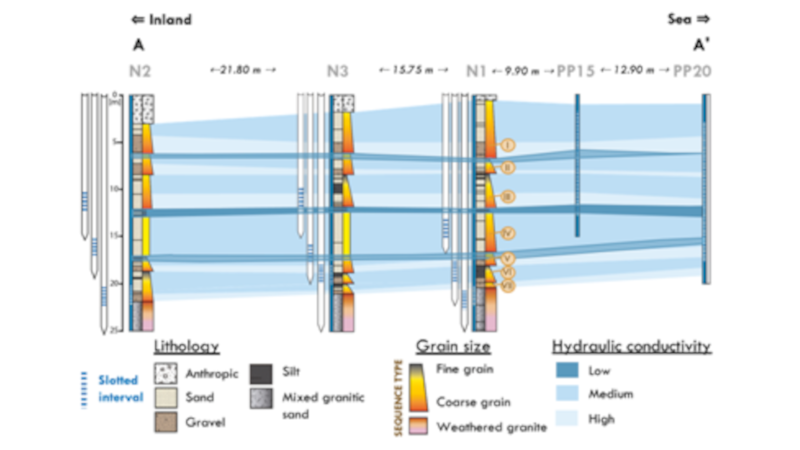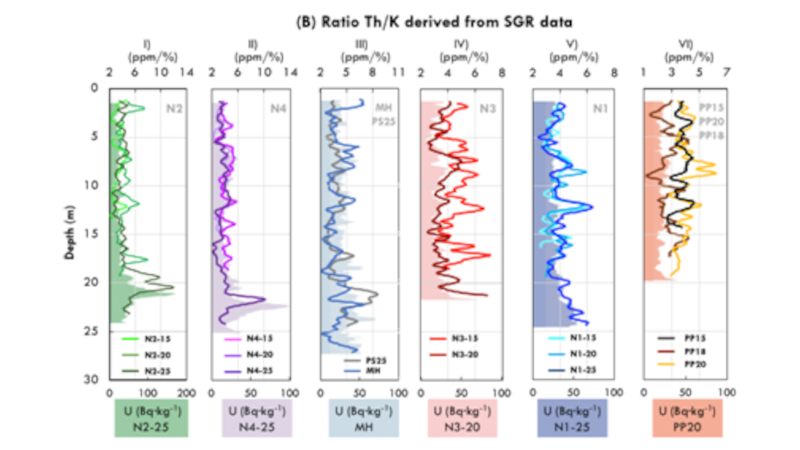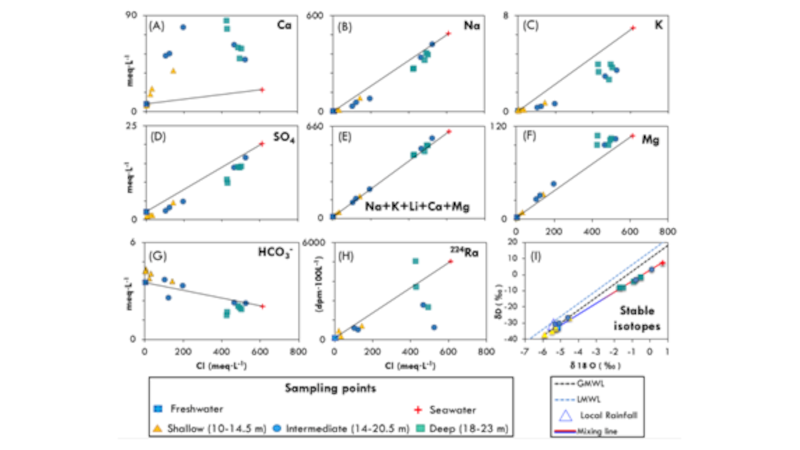Geomechanics and Hydrogeology
Hydrogeology
Principal Investigator
Xavier Sánchez-Vila

Overview
Research
Staff
Projects
The Hydrogeology group studies subsurface hydrology and biogeochemistry, combining lab and field experiments with numerical modelling to address groundwater management, saltwater intrusion, and contaminant transport in porous media.
CIMNE’s Hydrogeology Research Group focuses on the study of subsurface hydrology and biogeochemistry, combining experimental investigation with quantitative modelling to address complex water-related challenges. The group specializes in the characterization of permeable media using hydraulic data, hydrochemical analysis, and environmental isotopes. Applications of their research include groundwater resource assessment, aquifer management, saltwater intrusion, managed aquifer recharge, and the subsurface transport of pathogenic microorganisms.
The group’s methodologies span from pore-scale processes to regional aquifer systems and are grounded in the use of numerical models for flow and mass transport, including biocatalyzed chemical reactions. Experimental work at laboratory and field scales supports the conceptualization of models that enhance understanding of subsurface processes. With a strong emphasis on societal impact, the group contributes to the development of computational strategies for sustainable water resources management.
Research areas
Coupled multi-physical analyses of porous media. Application to radioactive waste disposal
This study provides a general numerical approach for predicting longitudinal deformation profiles using a coupled ViscoElastic-ViscoPlastic Strain-Softening (VEVPSS) model. The proposed method is able to consider the coupling between post-failure behaviour and time-dependent behaviour, thus providing a new alternative method for preliminary tunnel design. A viscous dashpot and the strain-softening model are coupled to simulate the progressive damage process and creep failure behaviour of rock masses. The tunnel deformation based on the VEVP-SS model is larger than the corresponding elastic–plastic results due to the contribution of the creep behaviour, and the excavation rate becomes relevant when considering time-dependent behaviour. (PI: Alfonso Rodríguez-Dono)
Environmental life cycle assessment for large-scale gold mining
Using the life cycle assessment (LCA) software SimaPro, an assessment focused on large scale gold mining by heap leaching has been made, identifying that the processes that have the worst effects on the environment resulted to be processing, mainly, and leaching in second place. Moreover, the most affected impact categories were: climate change, agricultural land occupation, water and metal depletion. On the other hand, another three different impact categories, terrestrial, freshwater and marine ecotoxicity, showed an inverse result which could be translated as a potential positive impact, however due to the inventory and data collected, the affirmation cannot be possible to sustain. (PI: Alfonso Rodríguez-Dono)
Analysis of the controlling factors of seawater intrusion (SWI) in alluvial coastal aquifers and their coupling with submarine groundwater discharge (SGD)
This investigation provides a framework for the coupled study of seawater intrusion and submarine groundwater discharge in alluvial coastal aquifers. It is based on a multidisciplinar and multiscale characterization and monitoring of an alluvial aquifer located at the mouth of a representative stream of the Maresme hydrological system.
This approach identified the aquifer hydraulic and geochemical controlling parameters and their impact on groundwater flow and more specifically, on the fate and transport of radioactive nuclides used to quantify submarine groundwater discharge. The analysis revealed the presence of a high reactive layer in the bottom of the aquifer charaterized by high U content and a huge geochemical activity in the mixing zone mainly represented by ion exchange.
Ongoing projects
Finished projects
Related news
No Results Found
The page you requested could not be found. Try refining your search, or use the navigation above to locate the post.

